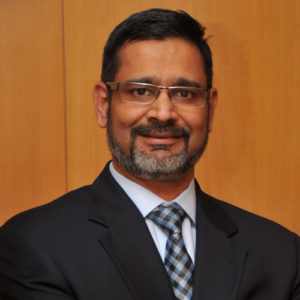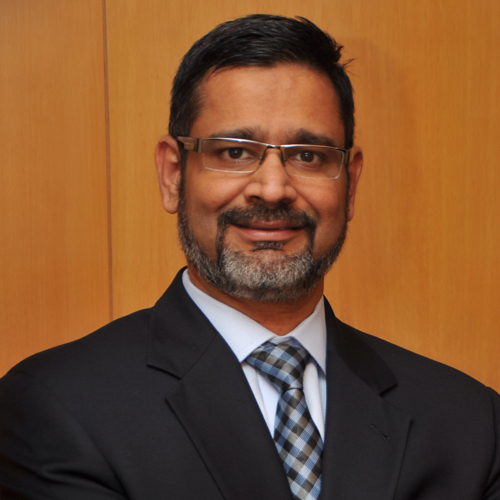Bengaluru– Brexit or Britain’s exit from the European Union could delay discretionary spending in the European financial services sector, Wipro Chief Executive Abidali Z. Neemuchwala said on Tuesday.
“Brexit’s immediate impact is on currency. In the medium term, it could delay some discretionary spend and cause some slowdown in the European financial services sector,” Neemuchwala told reporters here.

Discretionary spending in the IT industry pertains to enterprises budgeting investments on new projects for upgrading or scaling up their IT infrastructure to expand business or their presence worldwide.
“Overall, we find the demand environment to be stable, with IT budgets shifting from run side to change side of spend. We are well-placed to capture this shift by positioning in digital, by emphasis on consultative selling in our clients and local presence in key markets for new client sales,” he said.
The outsourcing major is setting up local innovation and delivery centres in its key markets such as the US where it is scaling up centres in Moutain View, Atlanta and Dallas.
“In continental Europe, we and Cellent have an integrated go-to-market. We have set-up development centres in Ireland and Mexico too,” Neemuchwala said after the company declared financial results for the first quarter of 2016-17.
Wipro acquired Cellent AG, a German IT consulting firm for Rs 520 crore (Euro 74 million/$78 million) in December 2015 in an all-cash deal.
Of the five large deals the company won during the quarter under review is a multi-year, multi-million strategic IT and business transformation contract with Greater Toronto Airports Authority.
“As part of the deal, we will automate and innovate the IT operations of one of North America’s largest international airports, with digital innovation to transform its operations and run an integrated service delivery model,” Neemuchwala noted.
The company also filed 43 new patents for the intellectual property and will continue to collaborate with academia in research on cognitive intelligence.
“We are increasing the deployment of robotic process automation and cognitive BOTs (robots) across clients, as we saw a lot of traction across infrastructure, applications and BPS (business process services),” Neemuchwala said.
The company deployed about 500 instances of BOTs providing services in health checks, process automation, quality assurance, self-healing and analytics.







